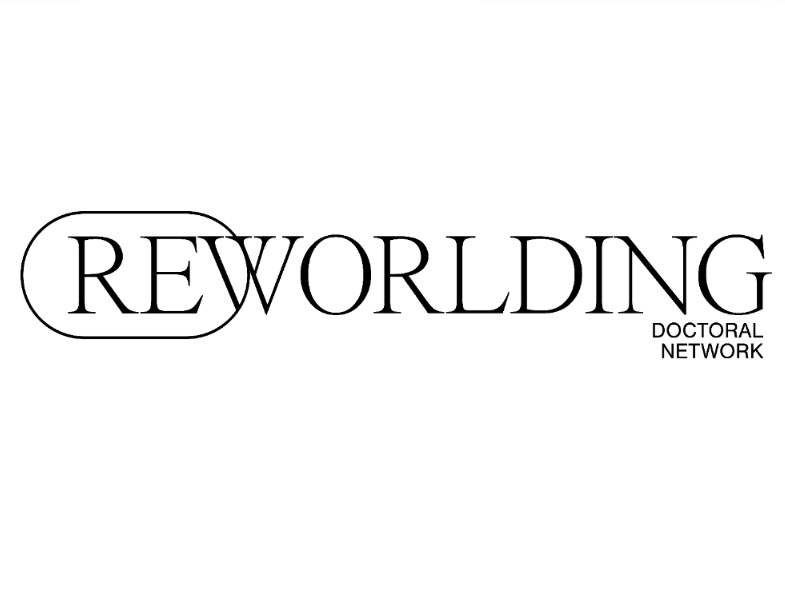REWORLDING

About the Reworlding Network
The REWORLDING network is a Marie Curie project that deals with how Ecological issues are experienced differently by different actors, communities and organisations, leading to societal polarisation and inhibiting urgently needed actions around these issues. As Participatory Design (PD) researchers, we observe a need for design approaches that can bring diverse actors together to tackle these challenges in participatory ways, with particular attention to those who remain silent, both as human and non-human actors (e.g. plants, rivers and insects). The project aims to investigate and outline a careful and situated Participatory Design approach that can better understand and create synergies between the different worlds in which people live and work, and the more-than-human worlds they are entangled with.
The REWORLDING training programme identifies and articulates reworlding design capabilities that can support next-generation researchers in tackling the connections of social and ecological challenges. This is achieved through interdisciplinary methodology based on collective learning and participatory action research, embedded in inter-sectoral collaborations with non-academic partners who address socio-ecological issues from diverse perspectives. The research program explores the capabilities needed to address socio-ecological issues, and their translation to specific skills and training needs. Through articulated pathways to gain impact, we will be connecting the project activities with various stakeholders at different scales and with relevant programmes at European and international level (such as SDGs and European Green Deal).
Reworlding's aim
Ecological issues are experienced differently by different actors, communities and organisations, leading to societal polarisation and inhibiting urgently needed actions around these issues. As Participatory Design (PD) researchers, we observe a need for design approaches that can bring diverse actors together to tackle these challenges in participatory ways, with particular attention to those who remain silent, both as human and non-human actors (e.g. plants, rivers and insects). The REWORLDING network aims to investigate and outline such a careful and situated PD approach that can better understand and create synergies between the different worlds in which people live and work, and the more-than-human worlds they are entangled with.
Reworlding training programme
The REWORLDING training programme identifies and articulates reworlding design capabilities that can support next-generation researchers in tackling the connections of social and ecological challenges. This is achieved through interdisciplinary methodology based on collective learning and participatory action research, embedded in inter-sectoral collaborations with non-academic partners who address socio-ecological issues from diverse perspectives. The research program explores the capabilities needed to address socio-ecological issues, and their translation to specific skills and training needs.
Through articulated pathways to gain impact, we will be connecting the project activities with various stakeholders at different scales and with relevant programmes at European and international level (such as SDGs and European Green Deal).
Links
Website: reworlding.eu (under construction) launched in March